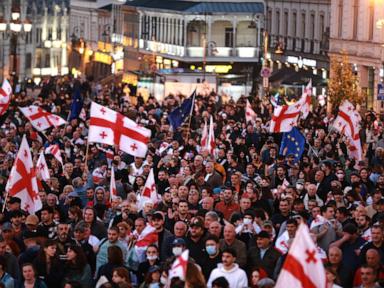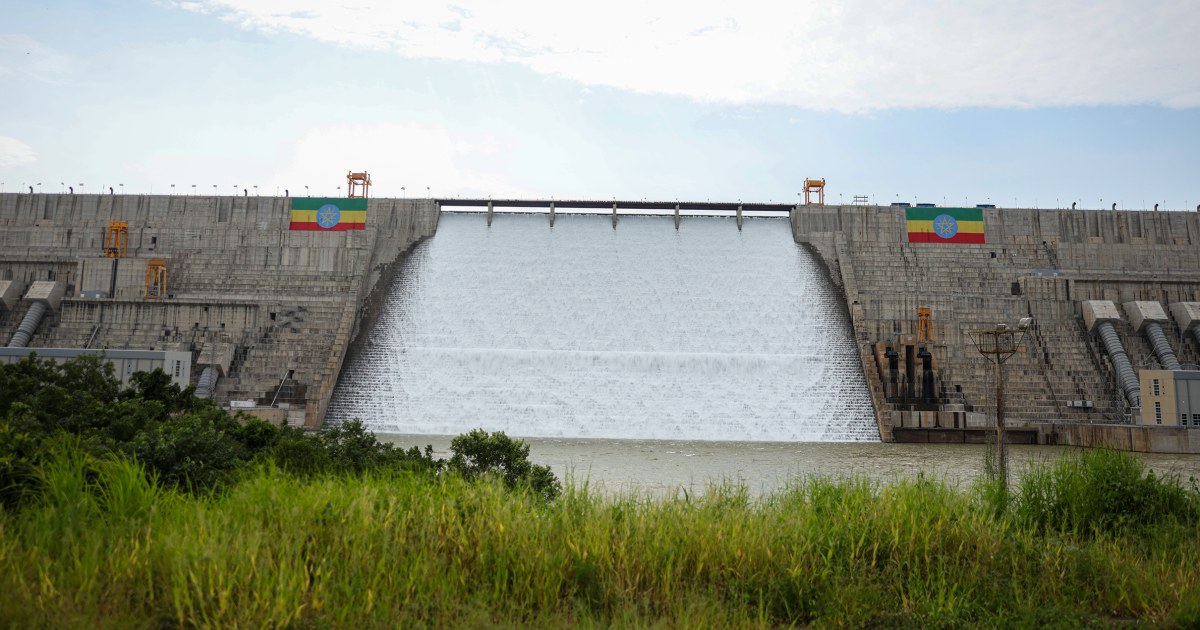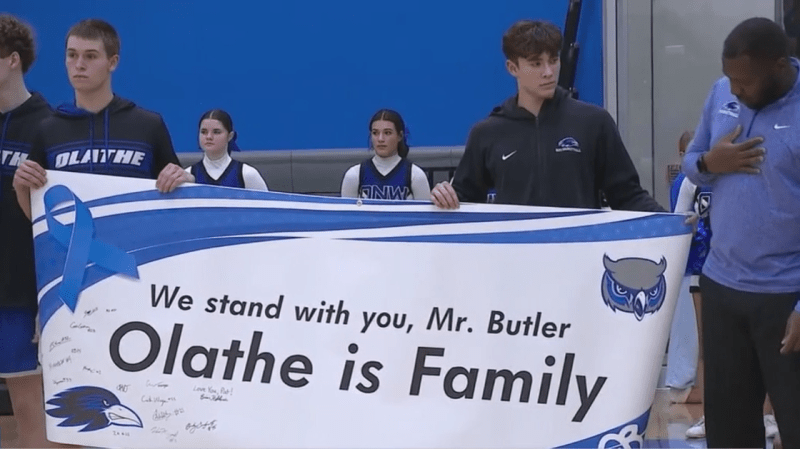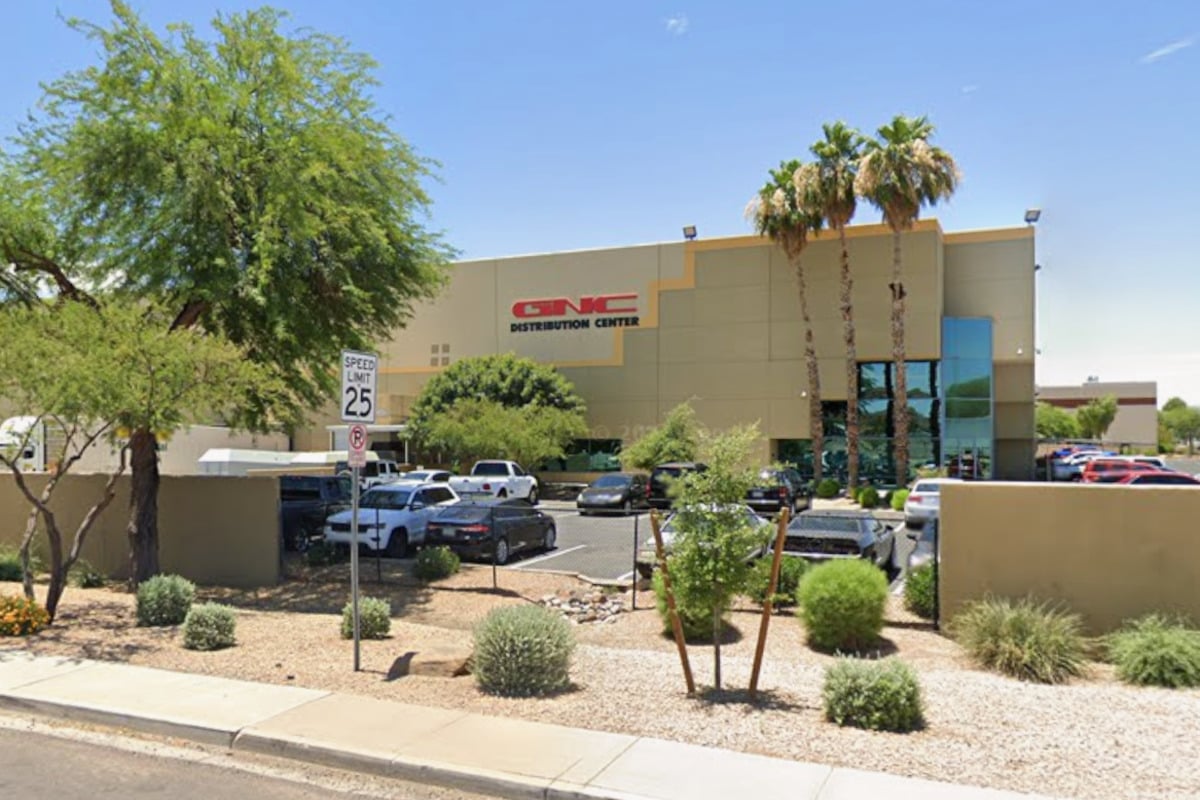
Thousands of protesters took to the streets of Tbilisi on Saturday to voice their opposition to the Georgian government, as police employed water cannons and pepper spray to disperse crowds attempting to breach the presidential palace. The protests coincided with a municipal election that was boycotted by major opposition parties, amid ongoing concerns about democratic backsliding in the country.
The demonstrations were fueled by widespread dissatisfaction with the ruling party, Georgian Dream, which critics accuse of undermining Georgia’s aspirations for European Union membership. Protesters carried Georgian flags and placards advocating for EU accession—an objective embedded in the country’s constitution. The government halted discussions regarding EU membership last year, igniting a series of protests that have faced a severe crackdown, including mass arrests and violence against demonstrators.
The protests have continued despite the government’s attempts to stifle dissent through legislation targeting activists, human rights organizations, and independent media outlets. Critics have drawn parallels between these laws and those enacted in Russia, where dissent is met with strict penalties.
“We fight for our rights, for independence,” stated protester Sophio Asatiani in an interview with the Associated Press. She emphasized her desire to avoid a return to the Soviet era, when Georgia was under Moscow’s control.
Protest Dynamics and Organizers
The rally, which saw tens of thousands in attendance, was organized by a coalition of figures, including prominent opera singer Paata Burchuladze. Burchuladze urged demonstrators to “take power back into the hands of the people,” reflecting a collective frustration over the government’s treatment of opposition leaders and media. The government has faced accusations of jailing key opposition figures and imposing heavy fines on largely peaceful protests.
As tensions escalated, some protesters attempted to force their way into the presidential palace, breaching the main gate before being repelled by riot police. The unrest underscores a growing rift between the government and citizens, many of whom are increasingly disillusioned by repressive policies.
The situation in Georgia illustrates a broader struggle for democratic governance in the region, as citizens continue to demand accountability and a return to a path toward European integration. The outcome of this unrest remains uncertain, but the determination of the protesters signals a significant challenge to the current leadership.
As the protests unfold, the international community watches closely, with implications for Georgia’s political future and its relationship with both the European Union and Russia.







